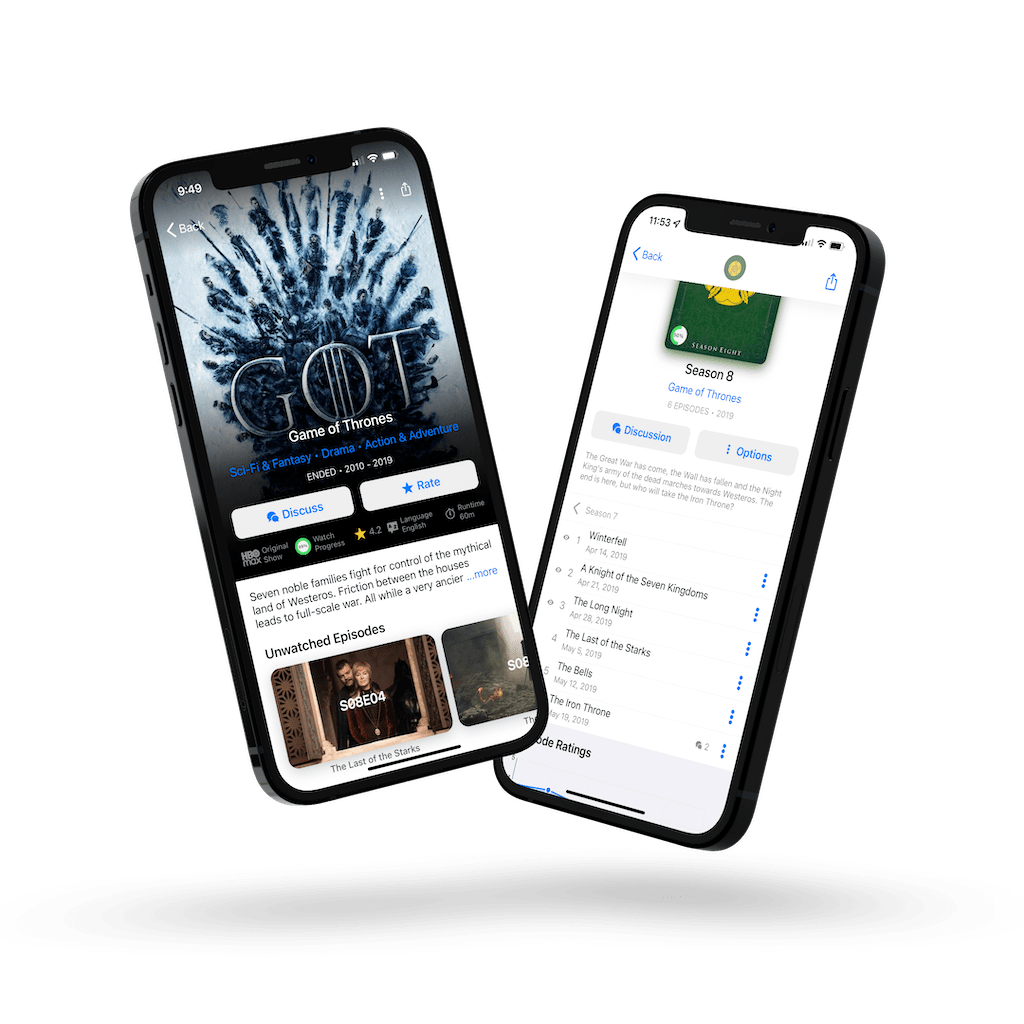
1: Alexander Graham Bell
Jun 1, 1995
"You have a gem of a great idea, if you can perfect it," Joseph Henry of the Smithsonian Institute tells Alexander Graham Bell when he presents his theory for the invention of the telephone. When Thomas Watson and Bell begin their work for a multiple telegraph, Bell becomes convinced that he can send the complex sounds of human speech over a wire from its vibrations. Mr. Hubbard, the financier of the telegraph project, laughs when Bell first tells him about the idea for the project and says he will not finance it. Frustrated, Bell and Watson begin to work on the telephone while working on the telegraph without Hubbard knowing it. Bell is constantly inspired by his deaf students and longs to teach them to speak and communicate. His first dedication had always been to be a teacher of the deaf. But, as Bell becomes more and more engrossed in making the telephone invention work, he has little time to work with the students. As the inventors experience triumph in transmitting sound while playing with the telegraph, Bell is distressed to learn of a student, David, who is giving up and going home because he is frustrated with his inability to speak. He meets David at the train as he is leaving to convince him to stay and keep trying, but David refuses. Bell is greatly disappointed in his failure to help the boy and in the unsuccessful attempts to make the telephone work. Bell is frustrated and tired. As he rests on a park bench, his spirit is renewed when a mime communicates with him. He realizes he could never fail if he keeps trying. He and Watson continue working on the telephone with great enthusiasm. Finally, the telephone experimenting works as sound is transmitted through a tube. Watson clearly understands Bell when he says, "Watson, come here. I want you." As they share the joys of success, school begins again. Bell is rewarded by the return of David who has practiced all summer and knows he can succeed, too.










